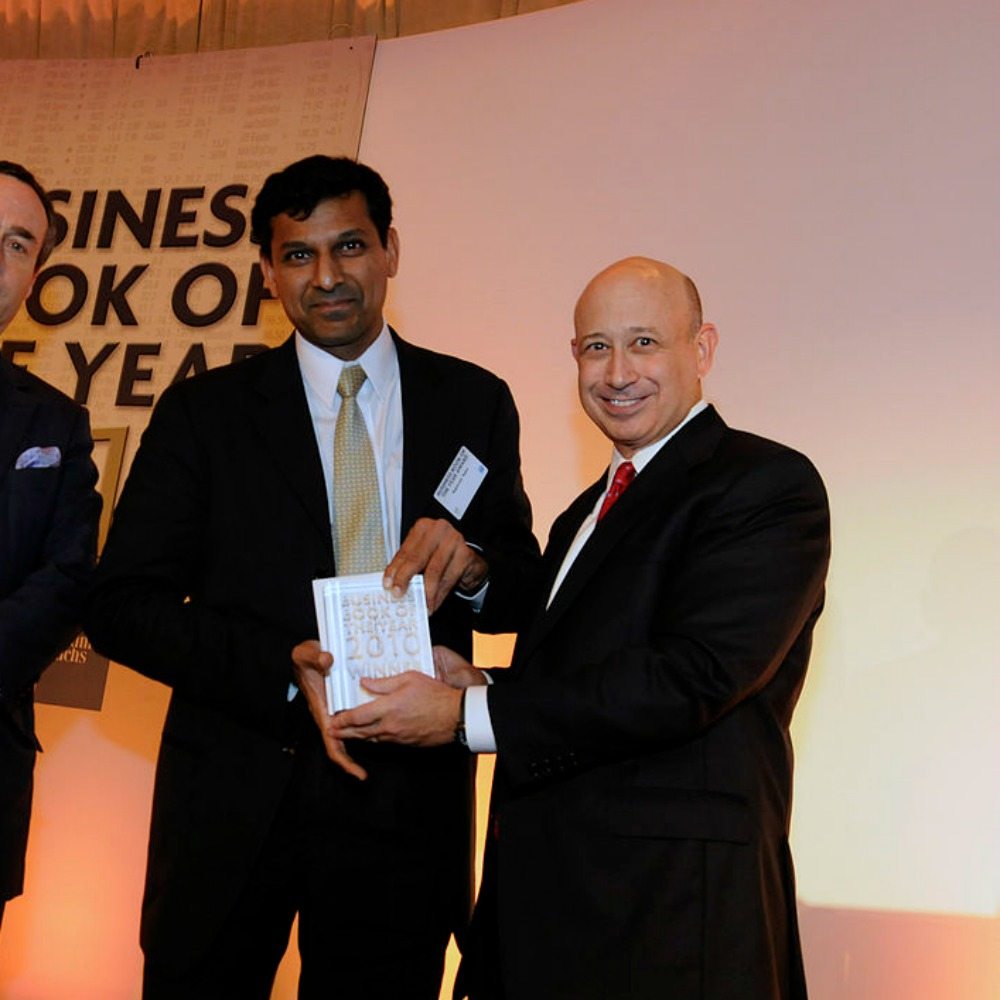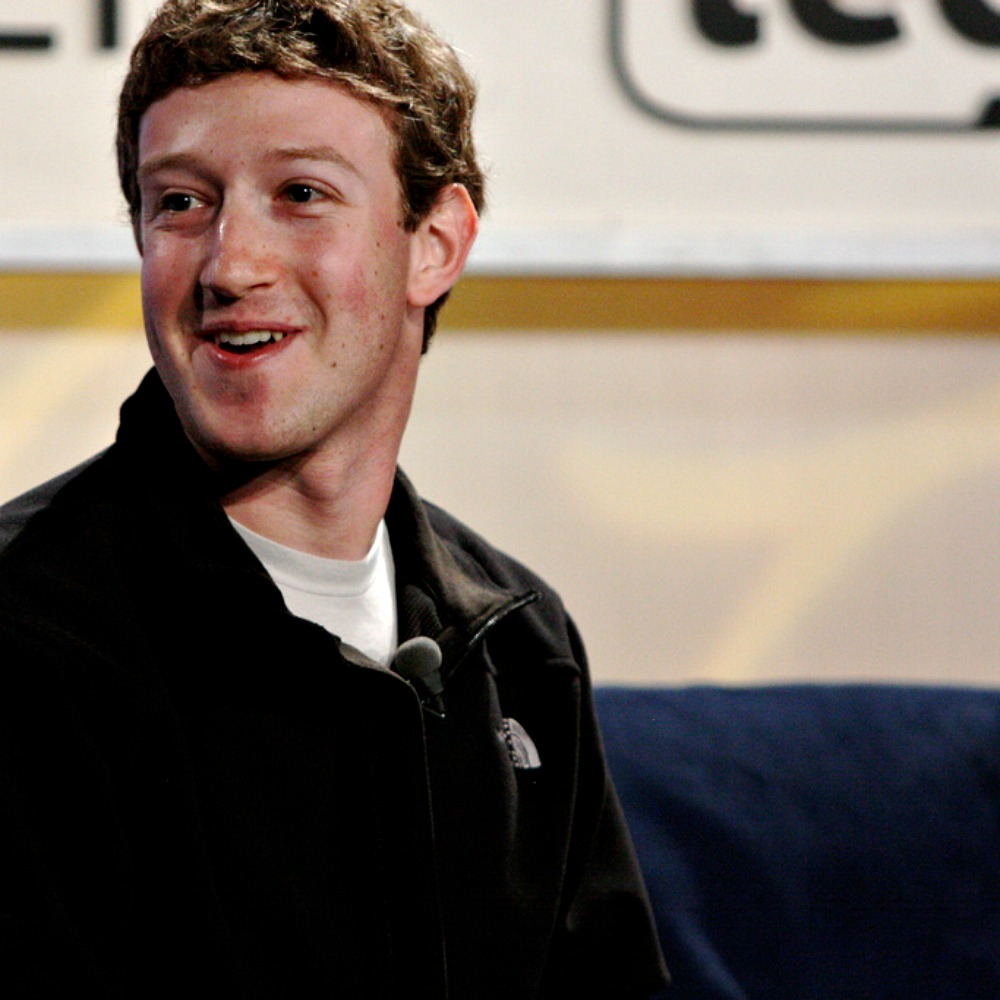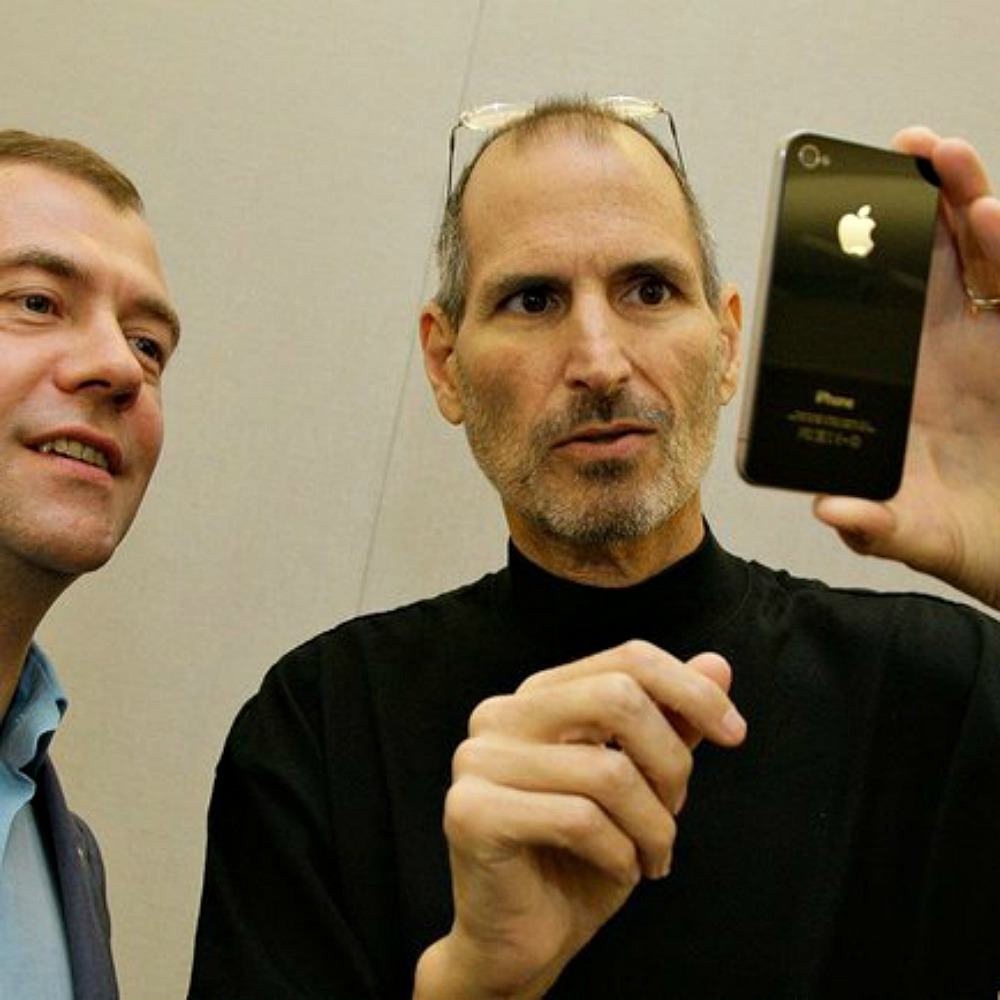It’s easy to idolize certain CEOs. After all, they’re individuals that have the drive to make things happen.
Powerful CEOs can change the world for the better. They can usher in new eras of technological advancement and economic prosperity.
In short, they can make a difference.
Unfortunately, that difference isn’t always a positive one.
The September 23 resignation of Volkswagen CEO Martin Winterkorn is an appropriate example. That a company that once admitted to having used slave labor to build weapons for the Nazi war machine would go so far as to fudge emissions tests shocked the world more than it probably should have, and at the center of the entire debacle was Martin Winterkorn.
Winterkorn courageously took full responsibility for the “misconduct” (while also less-than courageously claiming that that was “unaware of any wrongdoing on [his] part,” despite allegations that he has been aware of the issue since 2014), and stepped down from his position. With the CEO of the world’s second-largest automaker potentially involved in what can only be described as a supervillain-esque scheme to destroy the planet, we’re left to wonder at what other dark secrets and unethical behavior is being hidden behind the public facade of popular business leaders.
So, in an effort to humanize some of the living gods of the business world, here are five CEOs with dark sides that you might not have been aware of. After all, idols are made to be broken...

1. Larry Page (Google, Alphabet)
We’ll start with something small. If there’s one company that’s poised to take over the world within the next few decades, it’s Google. Beyond serving as the gateway to the Internet for most of the world, Google is a corporation that that wants to move beyond search engines, and find its way into every facet of your life.
And while Google Glass may have been received with, shall we say, less enthusiasm than was originally expected, this hasn’t slowed Google’s expansion into everything technological. Self-driving cars, package delivery drones, and even potentially-genocidal robot armies (according to Elon Musk) all apparently have a place on the Google family.
But just because Google may have the means to overthrow world government and enslave all human life, it doesn’t necessarily mean that they’re going to. After all, the company motto is “Don’t be evil,” and if that doesn’t assuage your concerns, then we don’t know what will. Google founder and current Alphabet CEO Larry Page really tries to take this slogan to heart, and indeed, Google is often praised as being one of the most employee-friendly businesses in the industry.
On the other hand, it’s hard to fight your own nature. Those who have worked closely with Page have described him as very withdrawn, often to the point of rudeness. During important meetings, he has a tendency to disengage himself and refuse to pay attention to those around him. Some describe him as “kind of a jerk,” and “an ego-maniacal asshole.”
And while he’s very well respected among his underling (earning a 97 percent employee approval rating), many get the feeling that he’d prefer as little human contact as possible. As such, ruling the planet may not really be his cup of tea. As for unleashing a horde of murder-bots, however, well, let’s just reserve our judgment until after the terminator assembly lines start posting job openings.

2. Lloyd Blankfein (Goldman Sachs)
When it comes to being respected and popular with the ‘troops,’ it’s hard to beat Lloyd Blankfein. With an employee approval rating of approximately 94 percent, most of those who work under him are beyond excited that he’s the man in charge. That says something about his leadership style, especially since three out of four American workers report that their bosses are the worst aspect of their current employment.
So, how can a man that is so beloved by his underlings have a dark side? Well, let’s take a look: In 2010, Goldman Sachs was officially charged by the U.S. Securities and Exchange Commission for fraud in structuring and marketing of CDO tied to subprime mortgages (which basically means that they were illegally making money off of the economic plight of the country). When officially interviewed by congress about the actions of his company, Blankfein claimed (under oath) that his company had never intentionally shorted mortgage-back securities to increase profits.
Now, we’re not the judicial system, and it’s not our place to render a verdict, but the chairman of the U.S. Senate panel that reviewed the case is pretty sure that Blankfein was lying through his lying teeth, which, if true, would make him guilty of perjury. Of course, nobody’s perfect. It’s just that the fact that the man may have knowingly swindled the entire country. And when one considers the other crimes that Goldman Sachs has been found guilty of under Lloyd Blankfein’s leadership, this particular idol seems to be cracking just a little bit.

3. Carly Fiorina (Hewlett-Packard)
Studies show that unhappy employees cost the economy approximately $300 billion in lost productivity every year. And, where there’s an unhappy employee, you can bet that there’s a crappy boss not far off. Such was the case with Carly Fiorina.
Fiorina was brought on as CEO of Hewlett-Packard in 1999, becoming the first female head of a FORTUNE 100 company in the process, and for a while it seemed as though she would be a good fit... or maybe not. Actually, her reign was plagued with problems from day one, and they just seemed to stack as time went on.
As CEO, she exploited loopholes in export sanctions by using foreign subsidiaries to sell millions of dollars worth of computer equipment to Iran (which sounds suspiciously like treason).
Back on the homefront, her leadership was landing her own company in some serious hot water. As a result, some 30,000 workers lost their jobs, and about 80,000 others agreed to either take pay cuts or to give up accrued vacation time (many of whom were laid off regardless). Still, desperate times call for desperate measures, and we can’t really fault her morally for not quite having what it takes as a business leader.
However, increasing her own salary threefold, and purchasing a private jet while her employees languished in near poverty, well, that we can fault her for. Still, her stint as the CEO of HP wasn’t a total failure; when she was forced to resign in 2005, the company’s stock jumped 6.9 percent. It looks like getting fired was the best thing that she could have done for HP.

4. Mark Zuckerberg (Facebook)
“You can be unethical and still be legal; that’s the way I live my life.”
Who said it? We’ll give you a hint: it wasn’t Gandhi. Allegedly, this was said by Facebook CEO and Chairman Mark Zuckerberg, and it might give you a bit of a glimpse into how the founder of the world’s most popular social media site views the concept of morality.
Now, it’s really no secret that Zuckerberg has a dark side—they made a movie based on the premise that he straight-up stole the idea of Facebook from several of his friends—but the fact of the matter is that sometimes you need to play a little rough to get ahead in business. After all, it’s a dog-eat-dog world, right? Maybe, but it doesn’t have to be a dog-be-a-complete-asshat-to-dog world, now does it?
Zuckerberg has been accused of using Facebook login details to break into and read private emails. On at least one occasion, he hacked a rival social network site in order to vandalize social profiles and to make it difficult for users to locate one another. Is it unfair to say that he’s the kind of guy who would use people, steal from them, and abandon them without a second thought?
Maybe, but that’s more or less exactly what he says about himself in a string of instant message conversations attributed to Zuckerberg from around the time Facebook was first being launched. Geeze. Given how little regard Zuckerberg seems to have for the rights of others, we’re kind of wishing he had founded an anti-social network instead.

5. Steve Jobs (Apple)
Okay. We’ve saved the best for last. Steve Jobs has been heralded by some as a modern-day Prometheus, braving fate to bring life-changing technologies to the general public. One could suggest that the modern era of the mobile smart devices was ushered in by Jobs’ introduction of the iPhone.
But even more than that, the entire digital age, with it's home computers and Internet connectivity, owes much of what it has become to the initial impact of Jobs’ Macintosh 128K. However, for all of Jobs’ apparent prescience when it comes to the user market, his career—not to mention his personal life—hasn’t been what you might call ‘principled.’
Now, they say that you shouldn’t speak ill of the dead, but here we go anyway: For a start, he was a shameless idea-thief, stealing and then patenting concepts and features wherever he could.
But beyond even that, he was just a world-class jerk. He would fire employees without any prior notice and no severance pay. He would ask inappropriate questions during interviews. He would verbally abuse low-level laborers. He would stiff workers on promised bonuses and then pocket the difference.
Basically, he was the living embodiment of the evil boss archetype from movies and literature, except that even Ebeneezer Scrooge wouldn’t have been so callous as to refuse to support (or even acknowledge) an illegitimate child, which is exactly what Jobs did when it came to his daughter Lisa—she and her mother were forced to live on welfare for years while one of the wealthiest businessmen in America used his legal team to avoid having to pay sufficient child support.
But, on the plus side, he gave us the iPad (sort of). Maybe the lesson here is that before you go placing someone on a pedestal, make sure they know how to keep their balance. Or maybe the lesson is even simpler: Everyone has a dark side. Or, as Rupert Thorne once observed, “the brighter the picture, the darker the negative.”